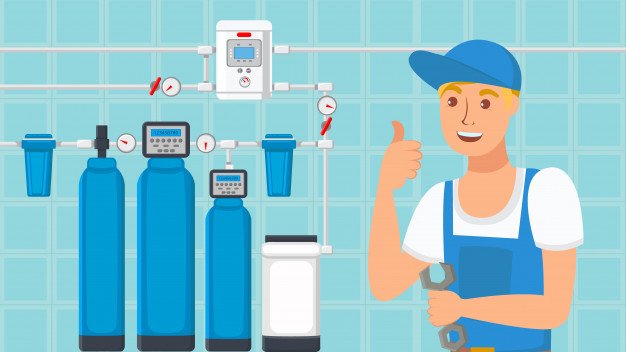Tag: best water filter system

What You Should Know about Water Filter Systems
In most parts of our world, drinking water from the tap can be a hazardous affair. Water filter systems can work well in your favor. The reality is that most of us don’t know much about the water we consume, whether we are bathing in it or drinking it. We are just grateful to open the tap, and there is running water that has been treated to prevent waterborne diseases. But does that make your water safe? Municipally tested water is generally safe to use and consume once it goes through the vital processes in the treatment plants. However, as it passes through the old pipes that ferry it to your tap, it likely collects some contaminants that end up in your glass. Water filter systems increase the purity of the water you consume. They do this by removing some of the following elements. What You Should Know about Water Filter Systems: 1. Rust: Generally, water pipes in cities worldwide have been in operation for many years, and although they may receive regular servicing, they can begin to rust with time. Water filtration systems that contain a white filter demonstrate the amount of rust in the old iron pipework as they turn dark brown from the sediment they pick up from the pipe. While that is disgusting to see, it is also proof that filtration systems help clean water further. 2. Chlorine and Chloramine: Too much chlorine in water can lead to health issues like poor gut health. While chlorine is used to kill bacteria in the water, it has been proven to worsen the asthma condition and even be the cause of developing asthma. Some companies are opting to use chloramine, a mixture of ammonia and chlorine because unlike chlorine, it does not evaporate during water treatment. However, you also cannot remove it by boiling the water or even distilling it. Water filter systems can get rid of chloramine, ensuring the water is pure and safe for drinking. 3. Plastic: Plastic particles and fibres can find their way into the water because they come from items in our everyday lives. Plastic is present in the clothes we wear, containers like plastic bottles and even in the air as contaminated synthetic air from air conditioners and fans makes its way into the atmosphere. The most commonly found plastic in the water is polypropylene. 4. Fluoride: Fluoride is one of the most challenging water contaminants to remove. However, it can be removed using reverse osmosis and distillation water filtration systems. The use of a special arsenic and fluoride reduction medium known as activated alumina is also effective. Both the reverse osmosis and distillation water filter systems remove at least 95% of the fluoride in the water supply. 5. Heavy metals: The presence of lead and other heavy metals in water posses the threat of possible life-changing conditions like learning difficulties and mental/physical retardation in minors as well as the risk of high blood pressure, heart disease, and strokes in adults. Water filtration systems can remove up to 93% of the lead that finds its way into the water supply. The systems also eliminate other dangerous metals like copper, aluminum, and mercury. Conclusion: Apart from reverse osmosis and the distillation water filtration systems, there are granular activated carbon and IE treatment systems to suit your needs. Regardless of the type of unit you prefer, the best water filter system must have independent quality control approvals from industry standard-bearer organizations. That is to ensure that the resulting water is better, safer and healthier for consumption. Read Also: 5 Best Type Of Plumbing Pipe Pros And Cons Of Ductless Cooling What To Know About Your Furnace Filters
READ MOREDetails















